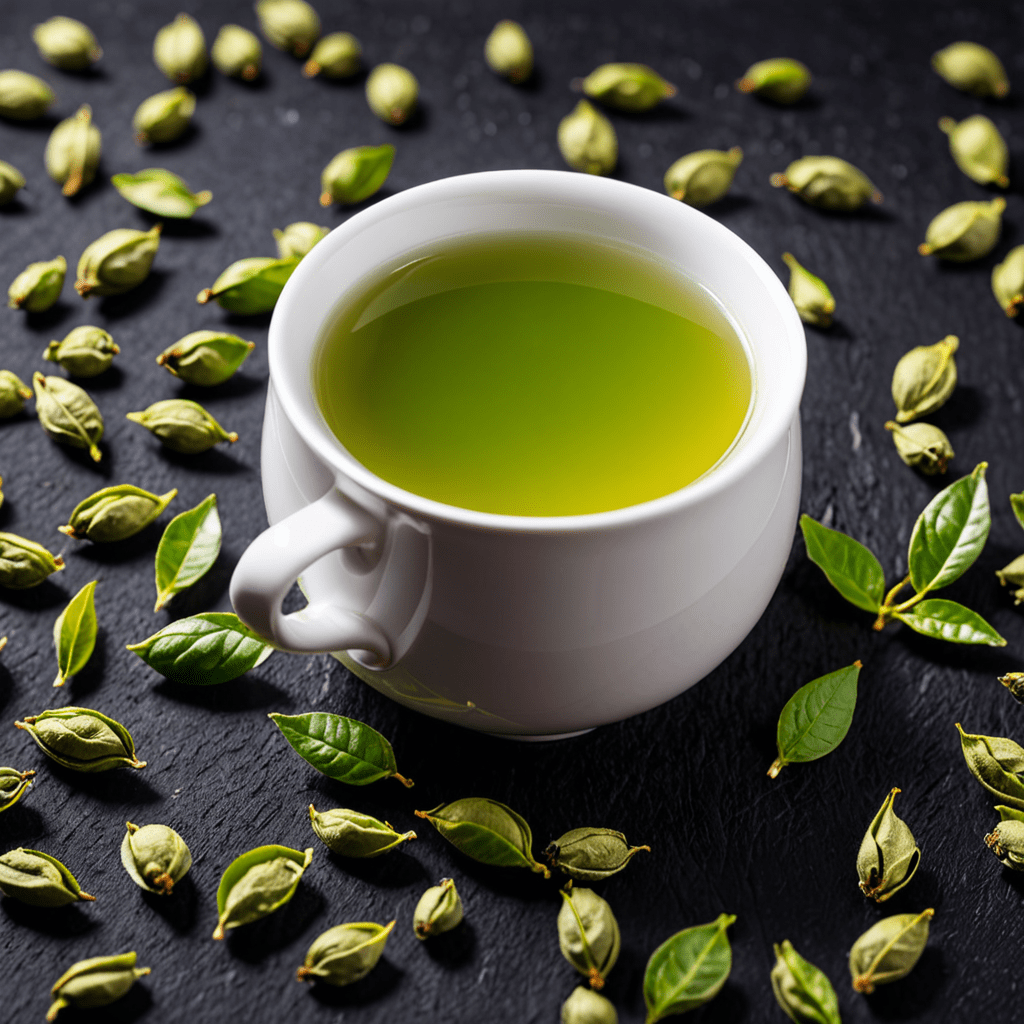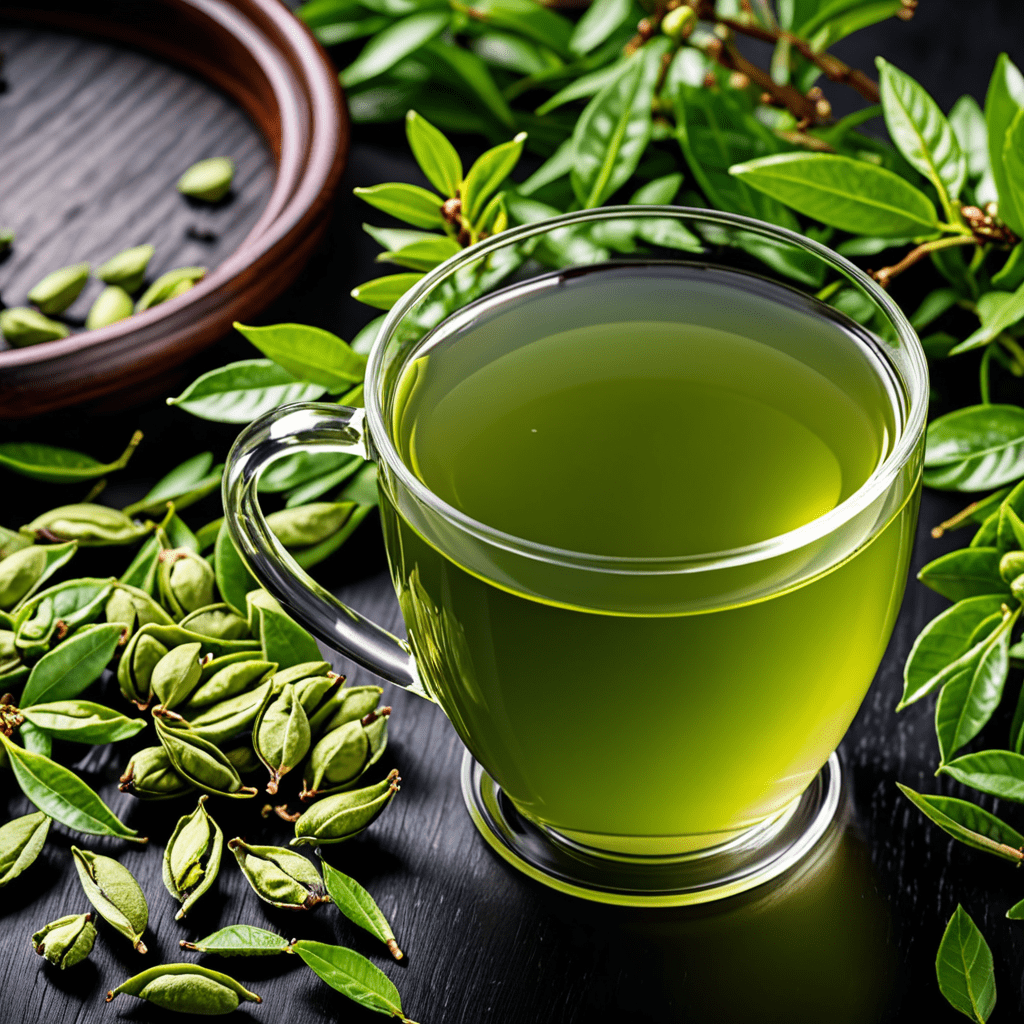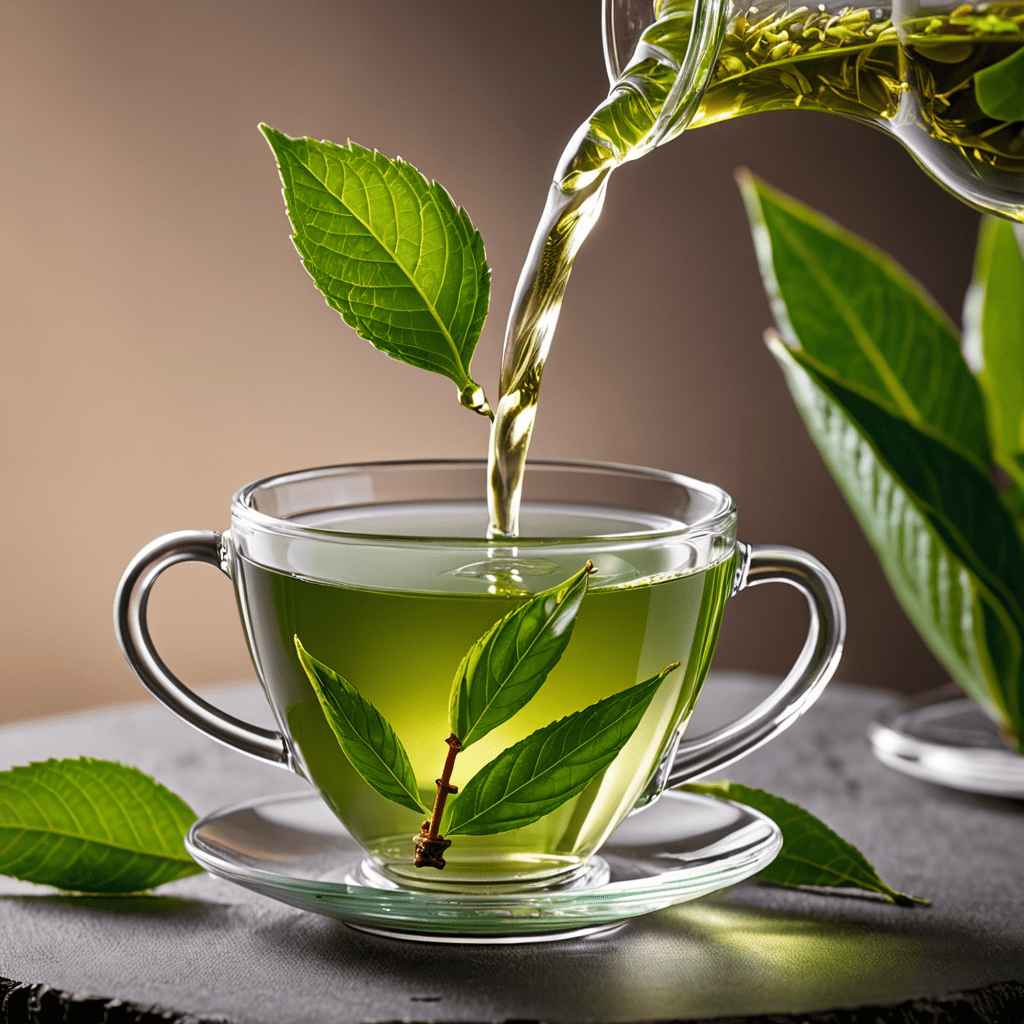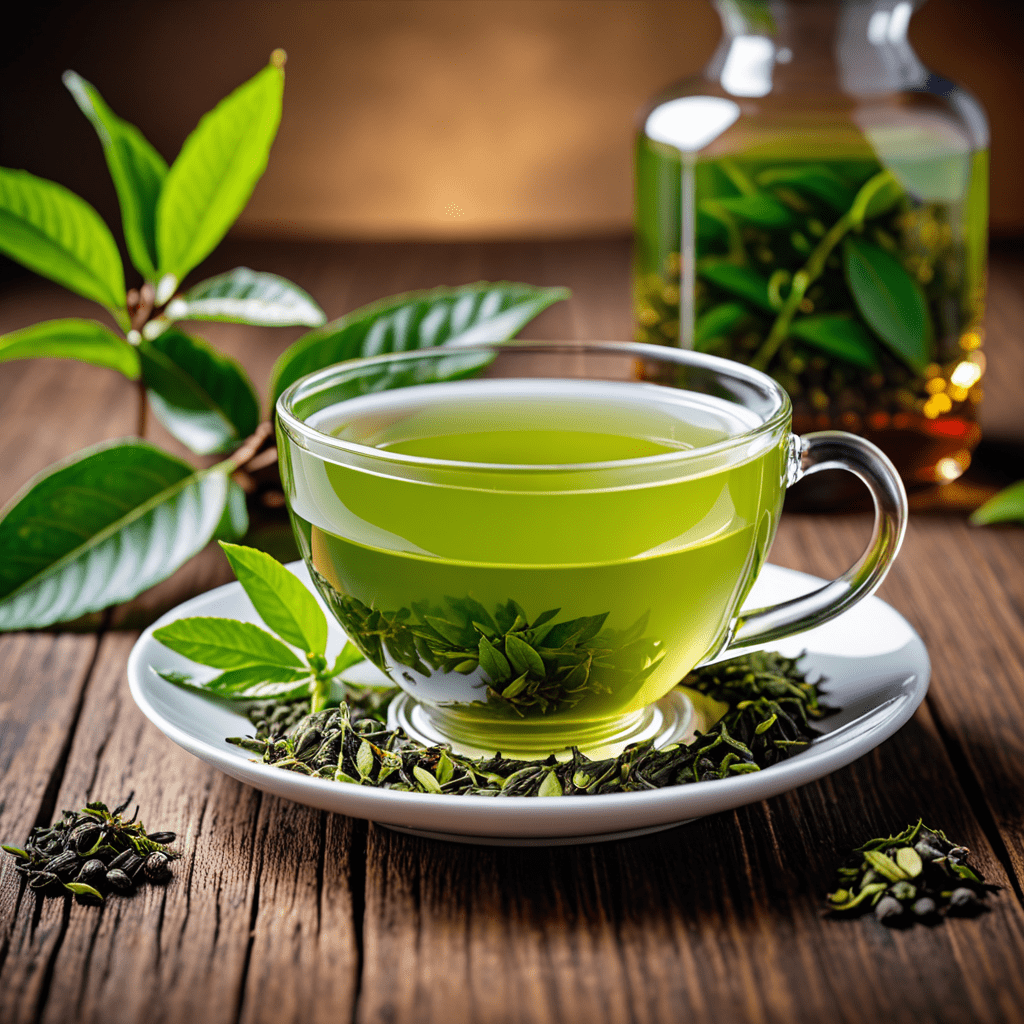
Uncovering the Contrasts: Green Tea vs. Black Tea Explained
Introduction
Tea has been consumed for centuries and has become an integral part of many cultures. Two of the most popular types of tea are green tea and black tea. While they may come from the same plant, Camellia sinensis, they undergo different processes that result in distinct flavors, aromas, and health benefits. In this article, we will explore the key differences between green tea and black tea.
1. Processing Method
Green tea is made from tea leaves that are minimally oxidized and undergo minimal processing. After being harvested, the leaves are quickly steamed or pan-fried to prevent oxidation. This helps preserve the natural green color and the delicate flavors and aromas of the tea. On the other hand, black tea is fully oxidized, which means the tea leaves are exposed to air for an extended period. This oxidation process enhances the richness and robustness of the tea.
2. Flavor Profiles
One of the noticeable differences between green tea and black tea is their flavor profiles. Green tea tends to have a more delicate and vegetal taste. It can have notes of grass, seaweed, and floral undertones. Black tea, on the other hand, has a bolder and more robust flavor. It can be described as malty, earthy, and sometimes even with hints of fruitiness or chocolate.
3. Caffeine Content
If you’re someone who seeks a caffeine boost from tea, knowing the difference in caffeine content is essential. Generally, green tea contains less caffeine compared to black tea. On average, an 8-ounce cup of green tea contains around 25-35 milligrams of caffeine, while the same amount of black tea contains around 40-70 milligrams. However, it’s important to note that these levels can vary depending on factors such as brewing time, water temperature, and the specific tea variety.
4. Antioxidant Levels
Both green tea and black tea are rich sources of antioxidants, but their levels may differ due to the processing methods. Green tea, being minimally processed, retains a higher amount of catechins, a type of antioxidant known for its potential health benefits. Black tea, despite its higher oxidation, contains other types of antioxidants known as theaflavins and thearubigins.
5. Health Benefits
The health benefits associated with green tea and black tea are numerous, thanks to the presence of antioxidants, polyphenols, and other bioactive compounds. Green tea is often praised for its potential role in weight management, heart health, and brain function. Black tea, on the other hand, has been linked to improving gut health, reducing the risk of stroke, and promoting oral health. It’s important to note that while studies suggest these potential benefits, individual results may vary.
6. Brewing and Serving
Another aspect where green tea and black tea differ is in their brewing and serving methods. Green tea is generally brewed with slightly cooler water temperature (around 175°F or 80°C) and for a shorter duration (usually 1-2 minutes) to avoid bitterness. Black tea, on the other hand, requires hotter water (around 200-212°F or 93-100°C) and a longer steeping time (3-5 minutes) to extract its full flavor potential. Both can be enjoyed hot or cold, depending on personal preference.
FAQ
Q: Does green tea have more health benefits than black tea?
A: Both green tea and black tea offer various health benefits, albeit with different antioxidant profiles. The choice between the two ultimately depends on personal preferences and health goals.
Q: Can I blend green tea and black tea together?
A: Absolutely! Blending green tea and black tea can create unique flavor combinations, allowing you to enjoy the best of both worlds.
Q: Are there any side effects to drinking green tea or black tea?
A: While both teas are generally safe to consume, excessive intake of caffeine from black tea or green tea may lead to side effects such as nervousness, increased heart rate, and disturbed sleep. It’s always best to consume tea in moderation.
Q: Which tea has more antioxidants?
A: Green tea is known for its high concentration of catechins, while black tea contains theaflavins and thearubigins. While the specific antioxidant levels may differ, both teas offer a range of health-promoting compounds.
Q: Can I drink green tea and black tea when I’m pregnant?
A: It is advisable to consult with a healthcare professional before consuming green tea or black tea during pregnancy to ensure it aligns with your individual circumstances.


